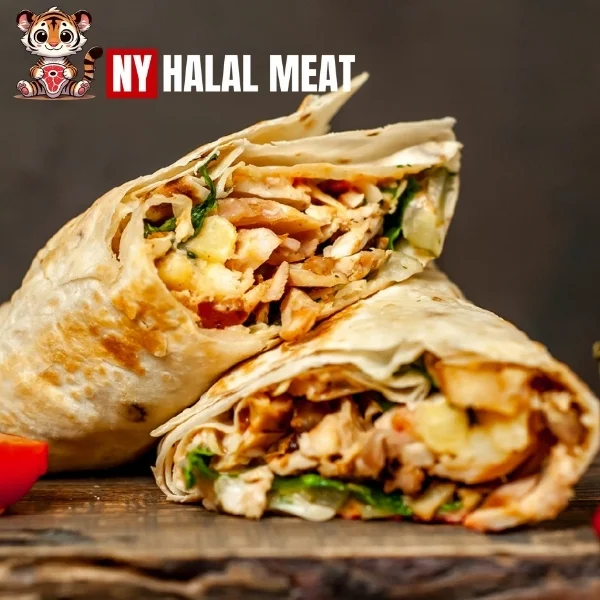Top Halal Food Trends in the U.S.
Top Halal Food Trends in the U.S.
Discover how the halal food market in the United States is evolving with trends that cater to diverse consumer preferences.
What’s Halal Food?
The term ‘halal’ means lawful and permissible in Arabic, adhering to Islamic teachings. Key principles include:
- Avoidance of Prohibited Items: No pork, pork by-products, or alcohol.
- Ethical Slaughtering Practices: Animals are treated with compassion, and God’s name is invoked during slaughter.
- Strict Cross-Contamination Rules: Halal items must be stored and prepared separately from non-halal items.
Halal certification ensures compliance with these standards, offering assurance to consumers.
Top Halal Food Trends in The USA
1. The Demand for Halal Fast Food
Fast food chains are incorporating halal-certified products to attract more customers.
- Popular Choices: The Halal Guys and select Popeyes outlets offer halal menu items.
- Innovative Products: Halal tacos, pizzas, and hotdogs are gaining popularity among younger audiences.
2. Halal Fine Dining
Upscale restaurants are introducing gourmet halal options to enhance the dining experience.
- Quality Ingredients: Organic, ethically sourced halal meats are used in recipes.
- Key Occasions: Ramadan iftar dinners and Eid celebrations are now hosted by fine-dining establishments.
3. Halal and Vegan Alternatives
Halal and veganism are merging to provide ethical, flavorful food options.
- Halal Vegan Alternatives: Brands offer halal-certified vegan meat and dairy substitutes.
- Popular Recipes: Vegan curries, kebabs, and soups are making waves in halal dining.
4. Convenience Through Meal Kits and Delivery
Halal meal kits and food delivery services make it easier to enjoy halal meals at home.
- Subscription Boxes: Companies like Zabiha Halal offer pre-measured halal ingredients.
- Food Delivery Apps: Platforms like Uber Eats now feature filters to locate halal-certified restaurants.
5. Halal Street Foods
Street vendors are offering affordable, authentic halal meals to cater to on-the-go consumers.
- Fan Favorites: Shawarma, gyros, and falafel wraps dominate the halal street food scene.
- Regional Examples: Halal cheesesteaks and fried chicken sandwiches are also popular in food trucks.
6. Expanding Halal Desserts and Beverages
Halal-certified sweets and drinks are becoming widely available.
- Desserts: Gelatin-free gummies, cakes, and donuts are in demand.
- Beverages: Non-alcoholic mocktails, boba tea, and specialty coffee appeal to younger audiences.
7. Technology for Halal Certification Verification
Innovative technologies ensure transparency in halal compliance.
- QR Codes: Scannable codes allow instant verification of halal certifications.
- Blockchain: Tracks halal compliance throughout the supply chain.
8. Variety of International Halal Foods

The U.S. halal market is embracing global cuisines to cater to diverse tastes.
- Middle Eastern Classics: Hummus, kebabs, and baklava remain staples.
- Asian Fusion: Halal sushi, ramen, and Korean BBQ are gaining popularity.
- African Flavors: Jollof rice and tagines are becoming mainstream.
5 comments
You must be logged in to post a comment.



[…] Halal-Friendly Options at Zaxby’s […]
[…] Tim Hortons Halal in the […]
[…] Halal-Friendly Options at Seasons 52 […]
[…] Halal: NYC Restaurants Elevating Halal Meat to Gourmet […]
[…] Veganism and Halal […]